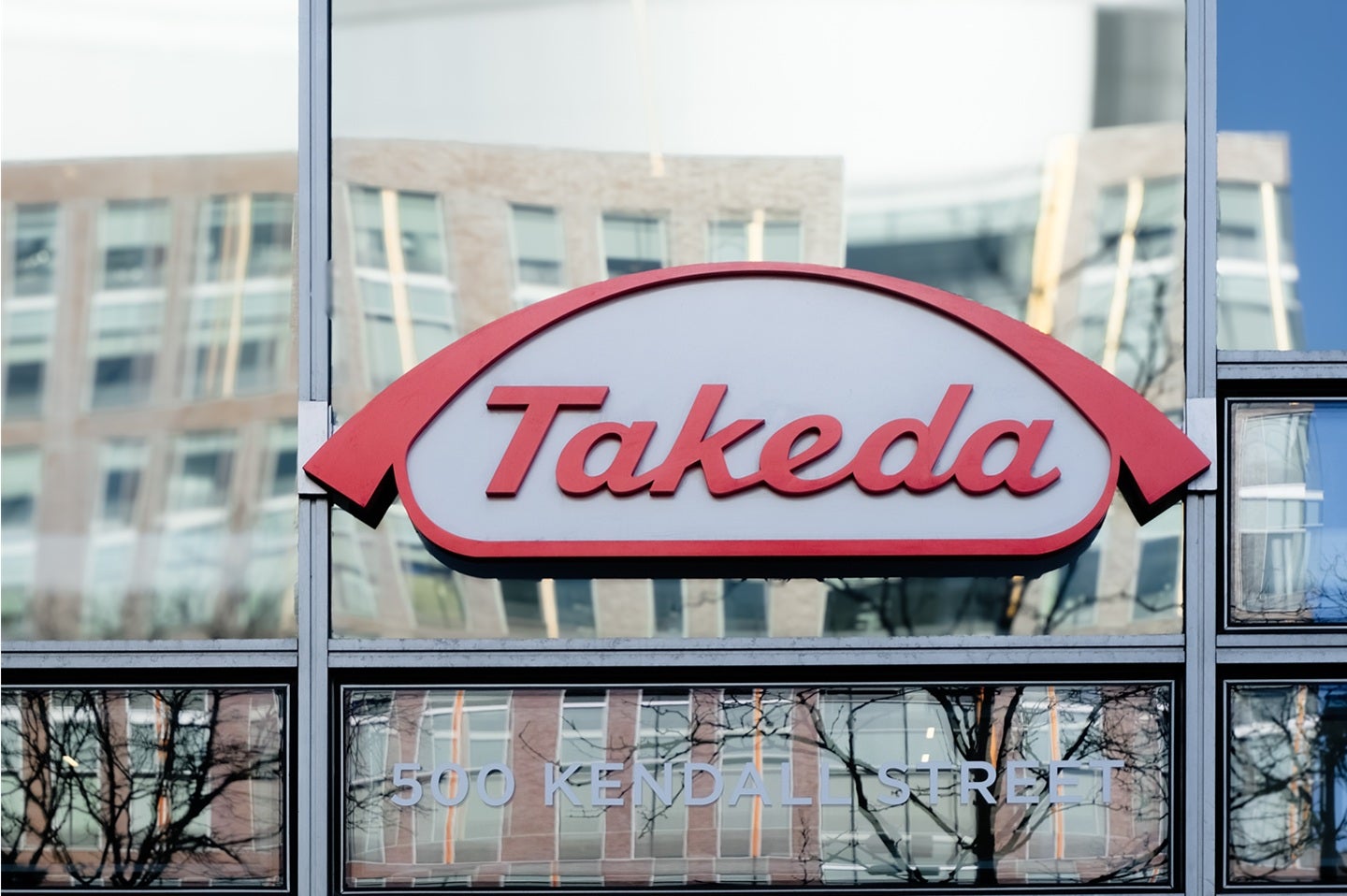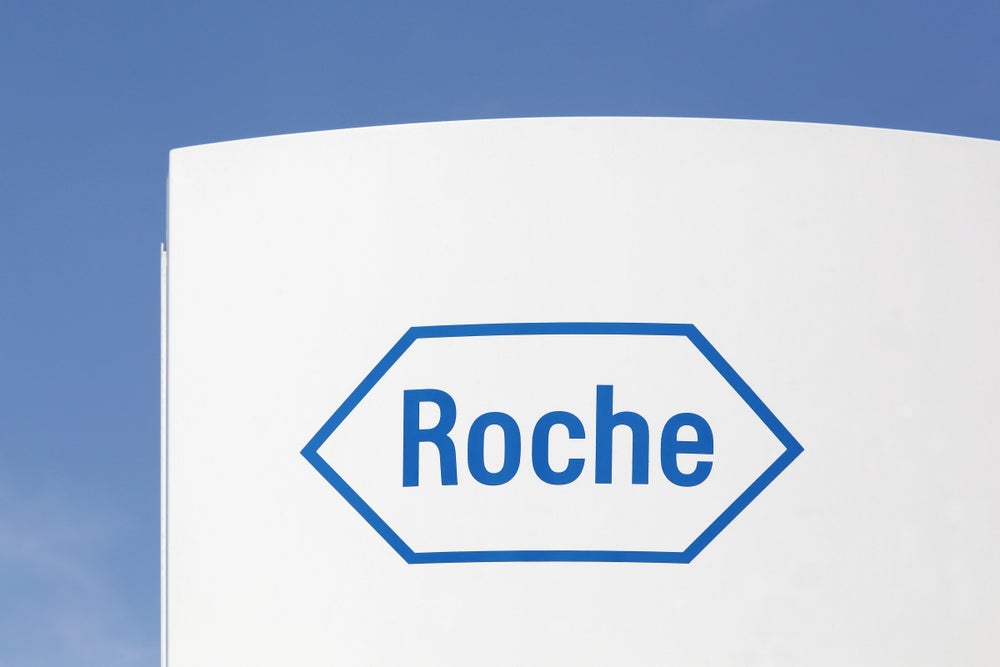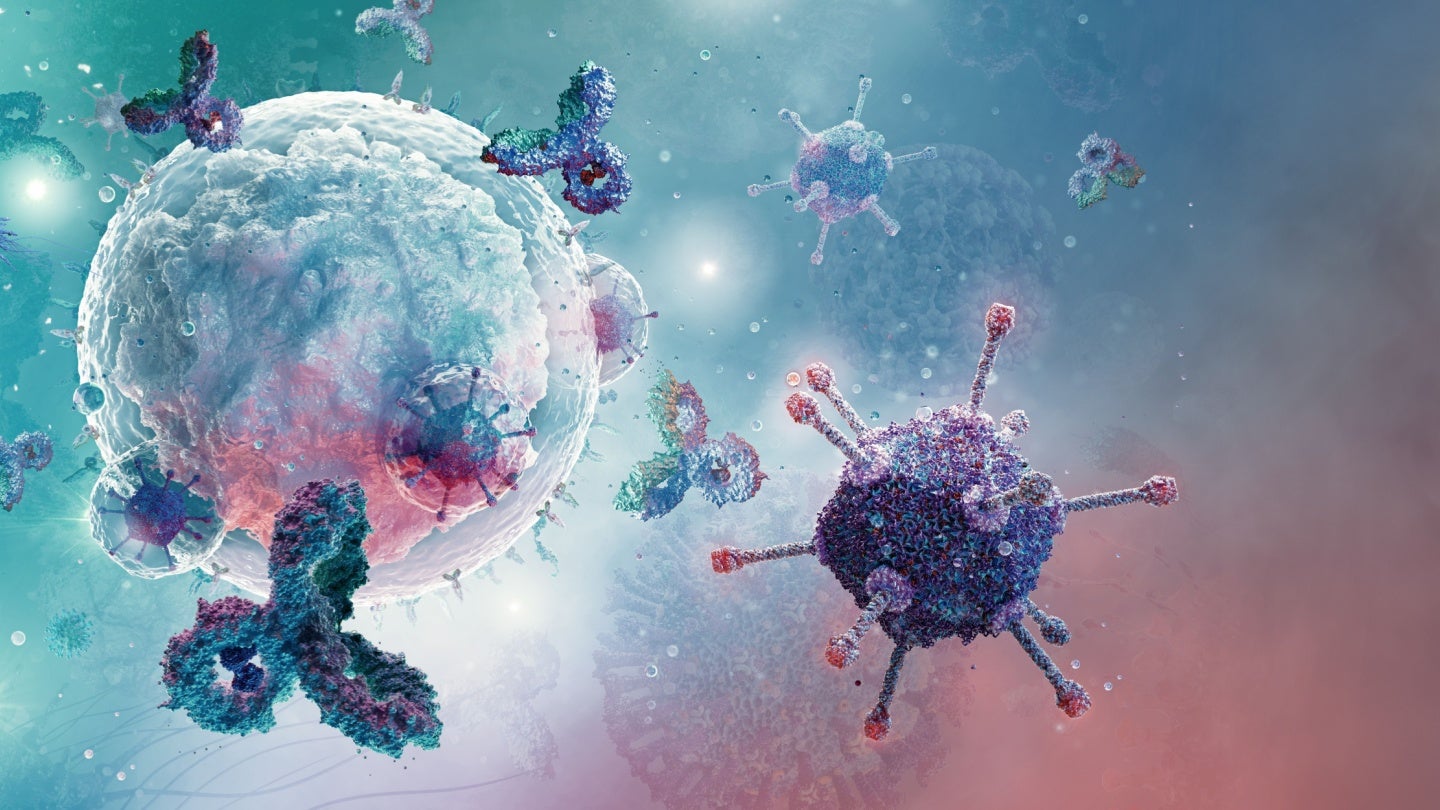Biogen Secures Ex-U.S. Rights to Dravet Syndrome Treatment
Biogen has bolstered its research and development efforts by securing an agreement with Stoke Therapeutics for the ex-U.S. rights to zorevunersen, a treatment candidate for Dravet syndrome. Under the terms of the deal, Biogen will provide an initial payment of $165 million, with the potential for up to $385 million in milestone payments. The company […]

Biogen has bolstered its research and development efforts by securing an agreement with Stoke Therapeutics for the ex-U.S. rights to zorevunersen, a treatment candidate for Dravet syndrome. Under the terms of the deal, Biogen will provide an initial payment of $165 million, with the potential for up to $385 million in milestone payments. The company has obtained exclusive rights to commercialize zorevunersen outside the United States, Canada, and Mexico.
As part of the agreement, Biogen will assume responsibility for 30% of external clinical development expenses and will pay Stoke tiered royalties on net sales, ranging from low double digits to high teens, within its designated markets. Meanwhile, Stoke will maintain control over global development and intends to initiate a phase 3 clinical trial in the second quarter of the year. If timelines are met, pivotal data could be available in the latter half of 2027, paving the way for potential regulatory submissions worldwide.
Zorevunersen’s advancement to phase 3 is supported by evidence indicating that it can produce sustained reductions in convulsive seizure frequency. Over two years of treatment, the molecule has demonstrated seizure reduction, with additional improvements in cognition and behavior observed within nine months, reinforcing its potential as a disease-modifying therapy.
The possibility of modifying the disease trajectory differentiates zorevunersen from existing therapies. Current treatments for Dravet syndrome, such as Jazz Pharmaceuticals’ Epidiolex and UCB’s Fintepla, primarily focus on symptom management rather than addressing the genetic cause of the disorder.
Most investigational therapies also follow a similar symptomatic approach, with the exception of ETX101, a gene therapy under development by Encoded Therapeutics. Both ETX101 and zorevunersen aim to influence SCN1A, a gene mutation present in over 85% of Dravet syndrome cases. While ETX101 employs gene therapy to deliver a regulatory gene that enhances SCN1A expression, zorevunersen utilizes an antisense oligonucleotide to regulate RNA processing.
Biogen’s familiarity with RNA-targeted therapies stems from its collaboration with Ionis Pharmaceuticals. The company identified Dravet syndrome as a potential target for Ionis’ antisense technology in 2018. However, instead of proceeding with Ionis, Biogen expanded its involvement in the field through the agreement with Stoke Therapeutics.
For Stoke, this partnership provides the necessary financial support to advance zorevunersen into phase 3 trials. Tommy Leggett, Stoke’s chief financial officer, previously addressed potential funding strategies at the J.P. Morgan Healthcare Conference. He highlighted the strong strategic interest surrounding the asset and indicated that the company was exploring various business development opportunities for commercializing the treatment outside the U.S.
What's Your Reaction?


































